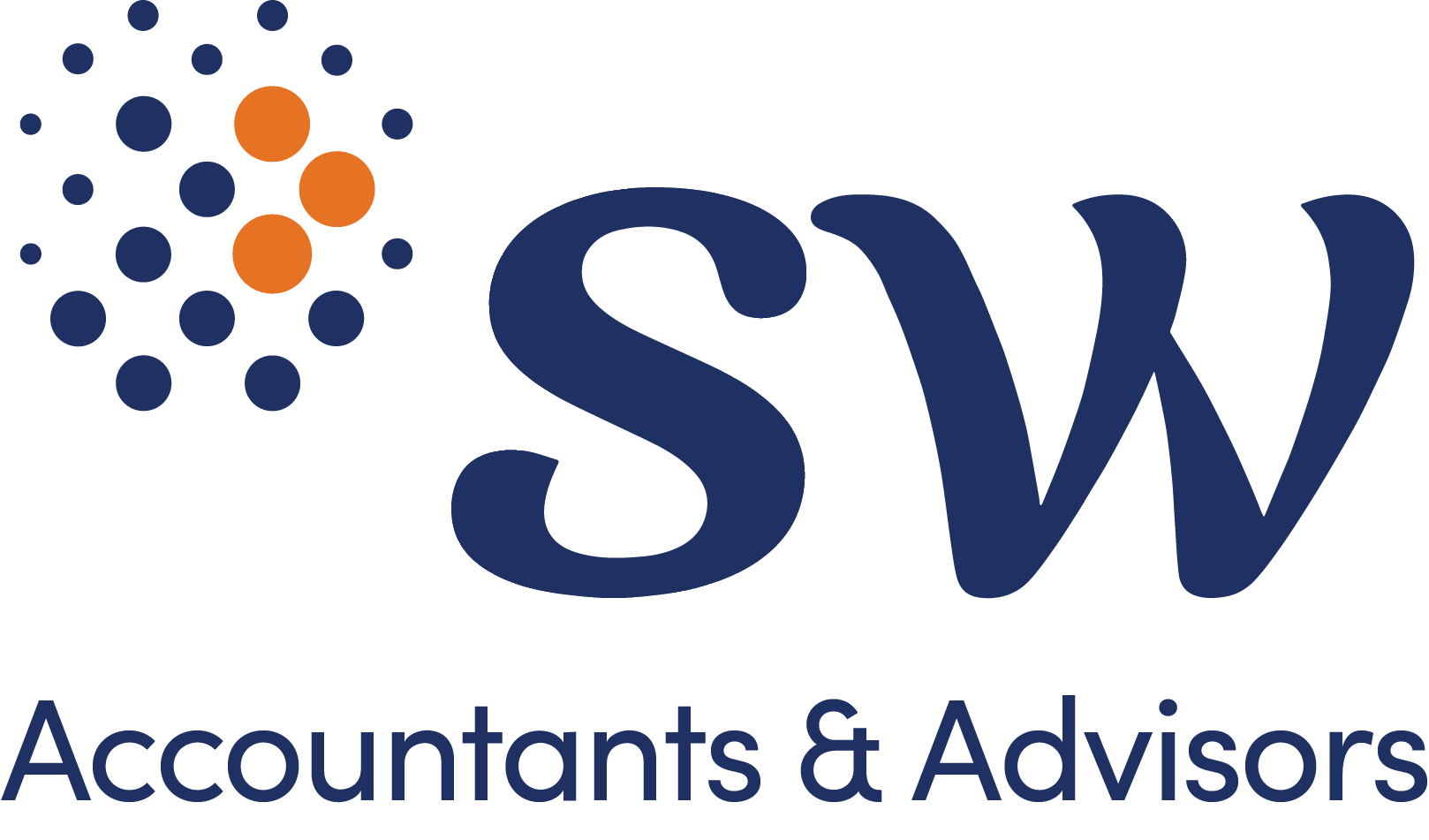
Ampol settles ATO tax dispute over offshore procurement hub: Key takeaways for transfer pricing compliance
07/03/2023
Ampol Limited, formerly Caltex Australia, has settled a transfer pricing dispute with the Australian Taxation Office (ATO) for $157 million.
Ampol Group (Ampol) is an Australian energy company that operates in the fuel and convenience retail sector. Its subsidiaries in Singapore (Ampol Singapore) serve as a trading and shipping arm of the group, sourcing refined products and crude oil from outside Australia to provide secure and cost-competitive supply to Ampol’s customers. Ampol Singapore functions as an offshore procurement hub for Ampol Australia and has over 100 employees as of December 31, 2022.
On 20 February 2023, it was reported that Ampol had reached a settlement with the ATO regarding the tax treatment of earnings by Ampol Singapore from transactions with Ampol Australia.
The settlement covers the transfer pricing outcomes of refined products and crude oil between Ampol Singapore and Ampol Australia from 1 January 2014 to 31 December 2022. It also locks in the tax outcomes of the arrangement for future periods until 2033. The settlement also addresses how Australia’s Controlled Foreign Companies (CFC) regime will apply to the profits of Ampol Singapore.
Transfer pricing is the practice of setting the price for goods and services transferred between related entities within a corporate group. The ATO has been actively enforcing transfer pricing rules to ensure that related entities within a corporate group are charging each other an appropriate price for goods and services.
The CFC regime is designed to prevent Australian companies from using offshore entities to avoid paying Australian tax on foreign profits.
Ampol tax settlement details
The settlement is expected to resolve transfer pricing issues related to Ampol Singapore’s transactions with Ampol Australia and provide clarity on the tax treatment of these transactions going forward.
While full details of the settlement are covered by confidentiality provisions, the outcomes include:
- Ampol will pay an additional $5.6 million in Australian tax on earnings between 2014 and 2021, and $0.1 million in interest. This is on top of the $104.1 million of tax already paid on Ampol Singapore earnings.
- Ampol will pay $48.2 million in Australian tax on Ampol Singapore earnings for the 2022 financial year.
- The ATO has neither imposed penalties on Ampol nor applied anti-avoidance provisions.
- Ampol Singapore has adjusted its functions such that the majority of earnings by Ampol Singapore from transactions with Ampol Australia will be subject to corporate income tax in Australia at 30% rate (effective from 1 January 2023).
Key takeaways from the Ampol tax settlement with the ATO regarding Ampol Singapore
The ATO’s Tax Avoidance Taskforce has been focusing on offshore procurement hubs to prevent profit shifting and excessive pricing of imported goods and services in an effort to reduce tax paid in Australia.
The ATO has raised tax liabilities of $30.6 billion from large public and private groups and multinationals over the period 2016 to 2022, with the Taskforce contributing over 60% of this amount.
The number of disputes resolved via settlements has increased by nearly 10% from 2020 to 2022, with the majority of settlements occurring at pre-audit or audit stage.
The scope of ATO’s independent review in large market disputes that involve transfer pricing issues is now restricted.
Settlement can be a practical solution to reach long-term tax certainty for taxpayers, as seen in the Ampol case.
However, defensible transfer pricing policies and adequate documentation remain critical for taxpayers involving complex or material cross-border related party dealings, such as offshore procurement hubs, to mitigate potential risk of ATO’s compliance actions.
How SW can help
Taxpayers engaging in cross-border related party dealings need to ensure that their transfer pricing policies and documentation are in line with ATO’s expectations to avoid potential disputes that cost enormous time and resources of taxpayers.
With the ATO’s increasing focus on offshore procurement hubs, it is important for taxpayers to stay informed of the latest developments in transfer pricing regulations and seek expert advice where necessary.
To avoid expensive disputes and ensure your transfer pricing requirements and compliance are up to date, reach out to our global transfer pricing specialist or your SW relationship Partner.

